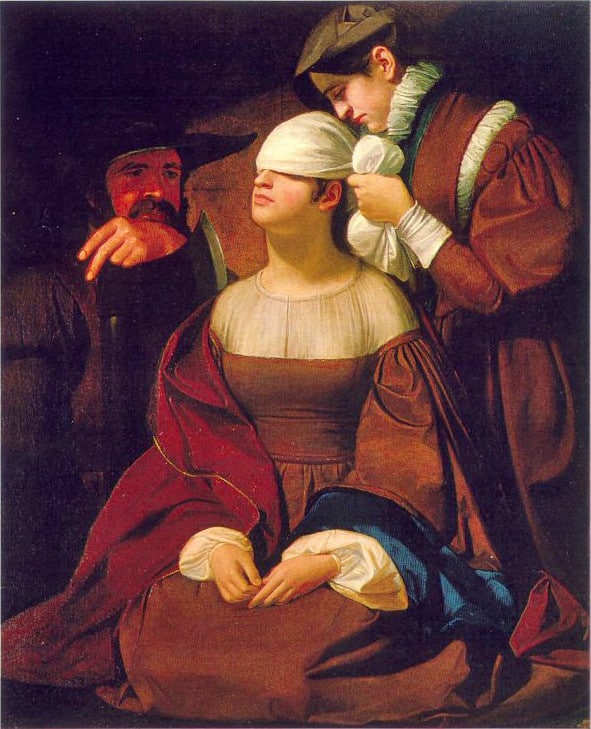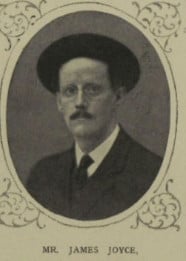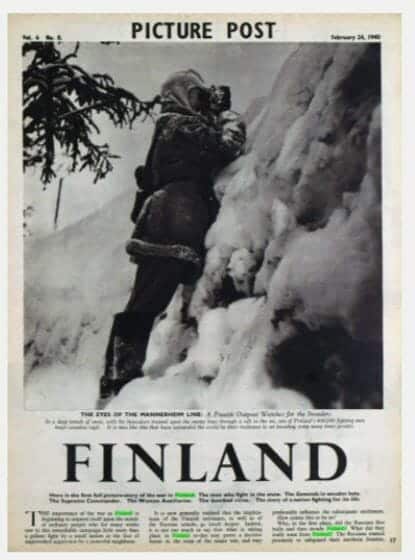|By India Marriott, Gale Ambassador at the University of Nottingham|
From the dawn of time, humans have been sharing stories of horror. From fairy tales of children lost in the woods to supernatural tales of ghosts and ghouls, tales of horror are interwoven throughout human history. However, in terms of Western culture, tales of horror began to appear throughout the eighteenth century in the form of the Gothic novel, after which several shifts in culture have taken place which impacted the Horror genre, from Romantic ideals, featuring an intensity of human emotion, to Victorian strict morality and rationality, right through to modern slasher films and the numerous subgenres that currently exist within the Horror genre.








